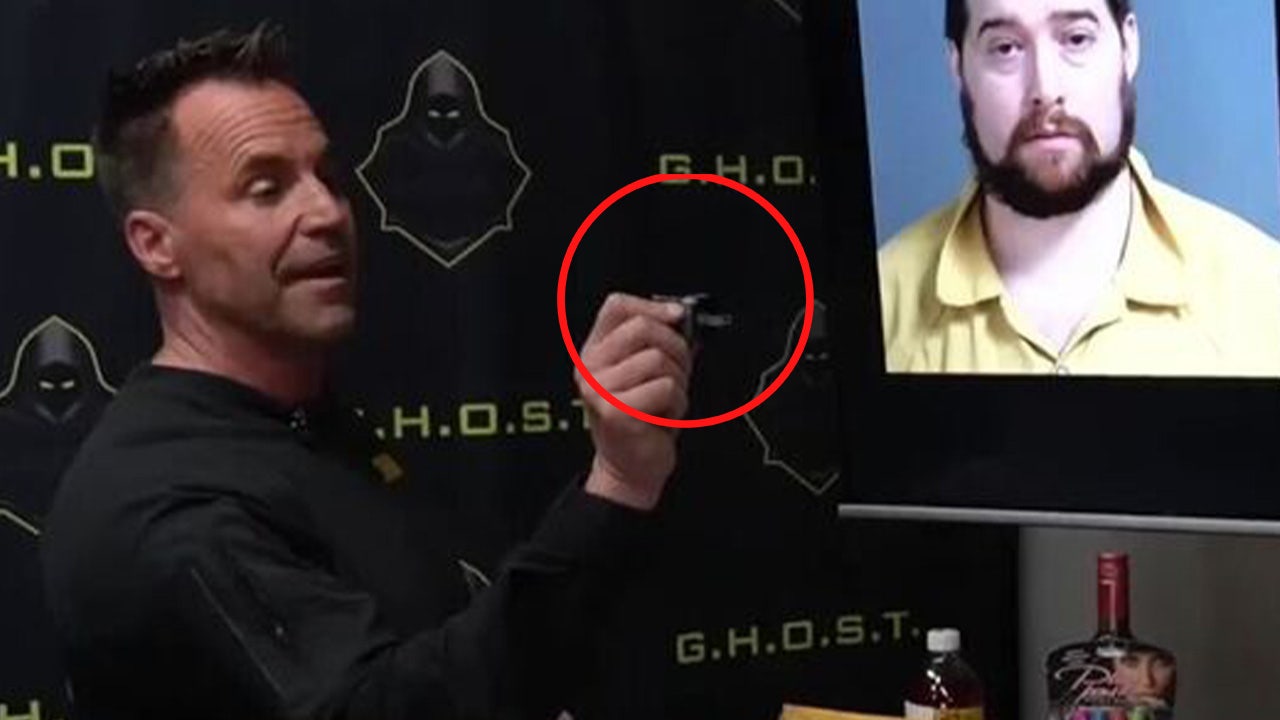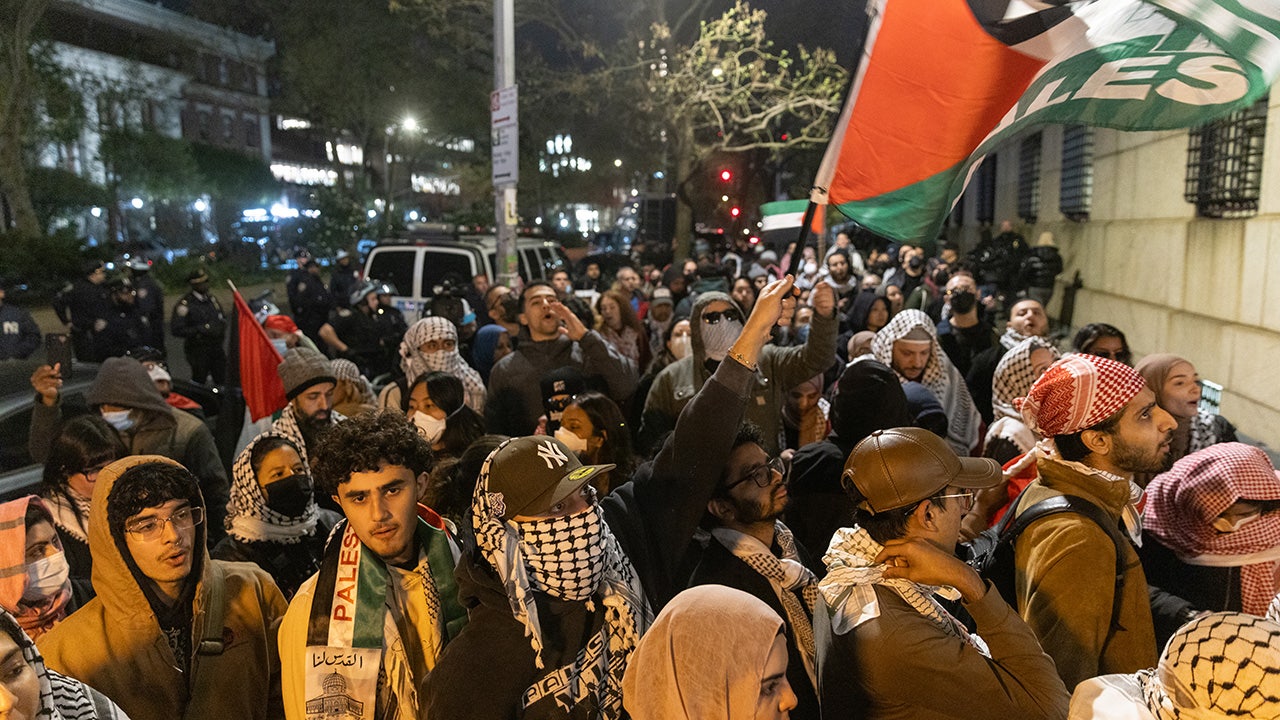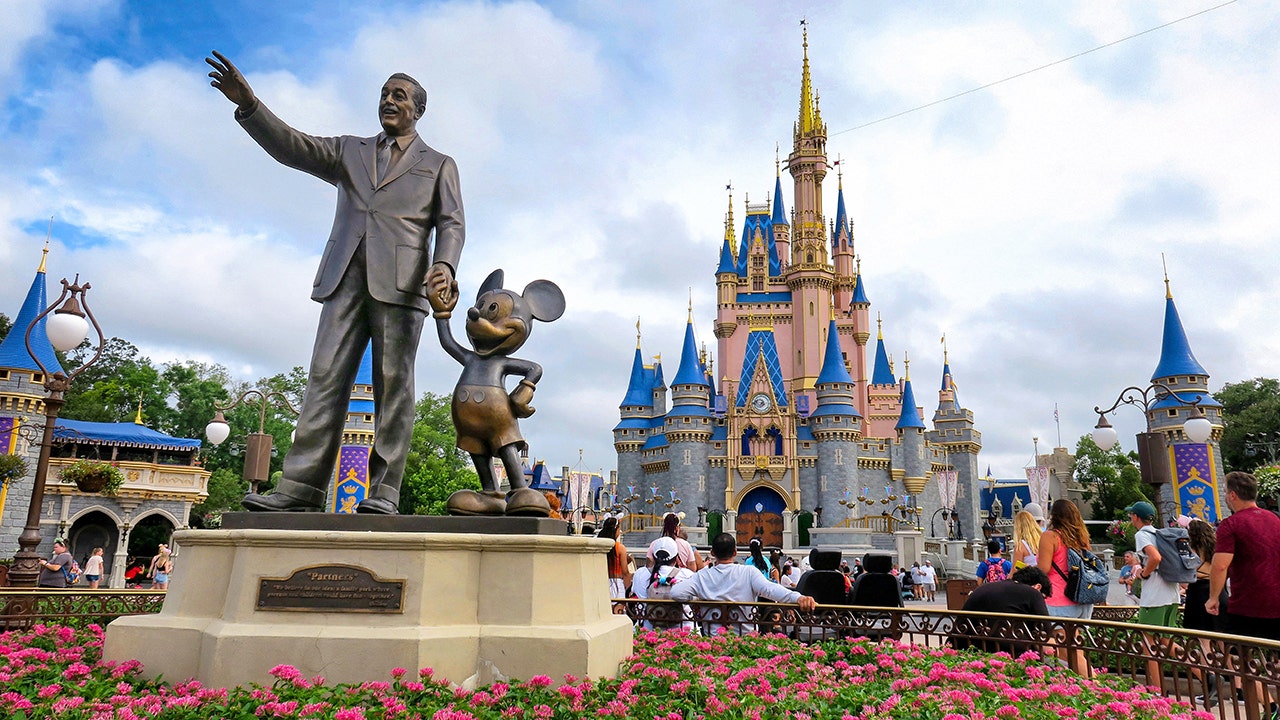Going into Alex Garland’s astonishing new film, “Civil War,” I expected to be irritated by the implausibility of its premise. I’m not talking about the idea that America could devolve into vicious internecine armed conflict. That seems possible, if not probable. In one 2022 poll, 43 percent of Americans said they thought a civil war within the next decade was at least somewhat likely. I wouldn’t go that far, but I won’t be surprised if political violence spikes after the upcoming election and eventually spirals out of control. I’m pretty confident, however, that if the sort of war Garland depicts ever actually broke out in this beleaguered nation, California and Texas wouldn’t be on the same side.
“Civil War” has received plenty of adulatory reviews, but Garland has also been widely criticized for eliding the ideological forces driving America’s fracturing. He’s repeatedly spoken about the dangers of polarization, a bit of a cop-out, given that only one American political party has leaders who lionize violent insurrection. This month A24, the powerhouse indie production company behind “Civil War,” released a map of the film’s fictional divisions on social media, under the hokey caption “Pledge your allegiance.” It showed an America split among the Loyalist States, stretching from the East Coast through the center of the country; the southern Florida Alliance; the secessionist Western Forces of California and Texas; and the New People’s Army of the northwest, which sounds vaguely Maoist.
This suggested a fictional universe in which far-right militias and antifa groups pose comparable threats, an impression strengthened by some of Garland’s comments at South by Southwest, the Austin, Texas, cultural festival where “Civil War” debuted. “I have a political position, and I have good friends on the other side of that political divide,” he said. “Honestly, I’m not trying to be cute. What’s so hard about that?” The obvious answer is that friendly disagreement between left and right is possible on some issues but not others; there’s no fruitful debate to be had about, for example, whether migrants are “poisoning the blood” of our country. Garland’s No Labels-style denunciation of extremism in general — as opposed to the particular kind of extremism behind America’s most deadly recent political violence — seemed to me a little glib and cynical, as if he wanted to make a hugely provocative movie but not risk offending potential audiences. If you’re going to dramatize many of our worst fears about the trajectory of American politics, I thought you should take the substance of those politics seriously.
But now that I’ve seen “Civil War,” which is neither glib nor cynical, Garland’s decision to keep the film’s politics a little ambiguous seems like a source of its power. The emphasis here should be on “a little” because, contrary to some of what I’d read, its values aren’t inscrutable, just lightly worn. Yes, there is a reference, early on, to “Portland Maoists.” We learn that the film’s heroine, a valiant, traumatized combat photographer named Lee, is famous for shooting the “antifa massacre,” but we never find out if antifa members were the perpetrators or victims. Still, it’s not a stretch to interpret the film as a premonition of how a seething, entropic country could collapse under the weight of Donald Trump’s return.






